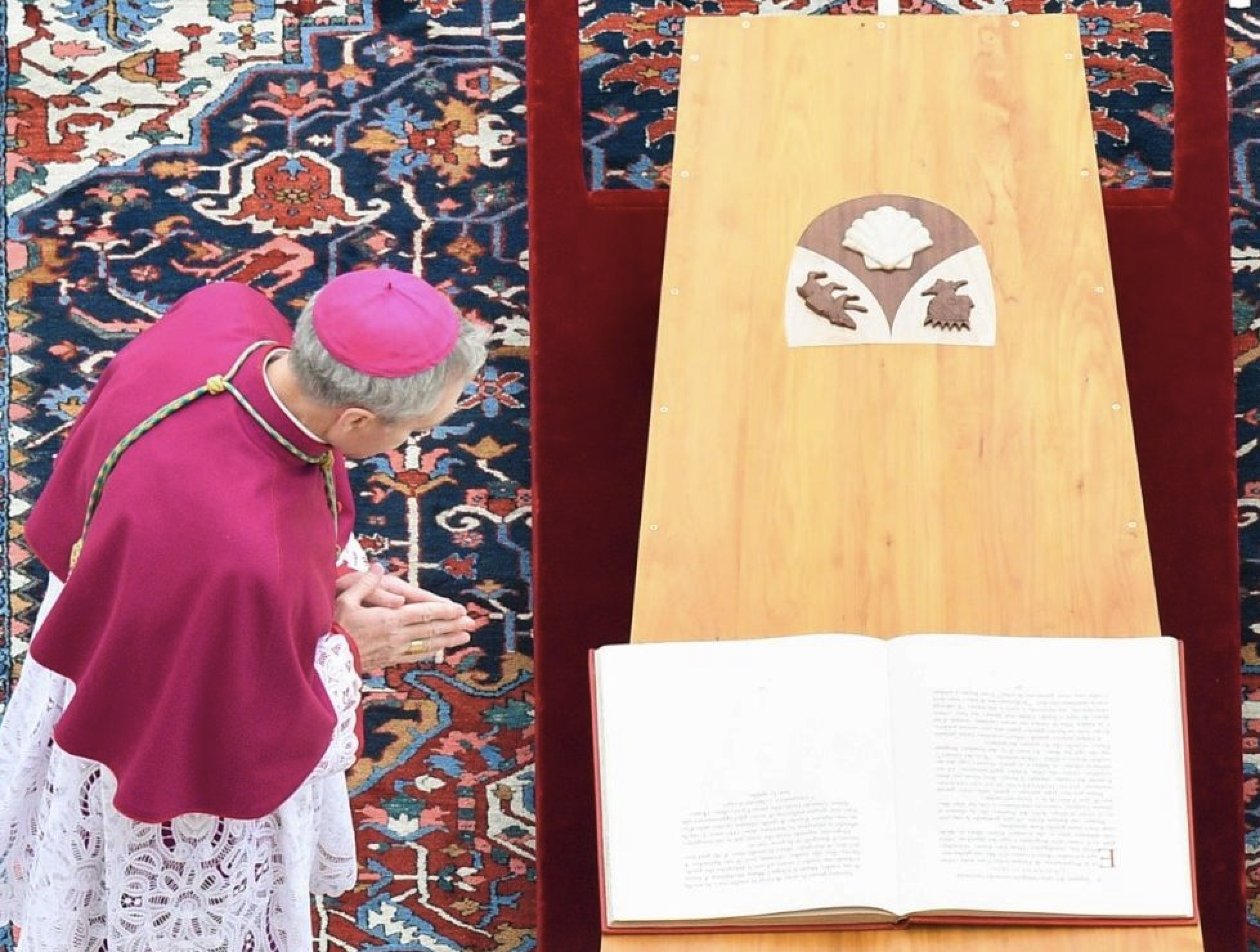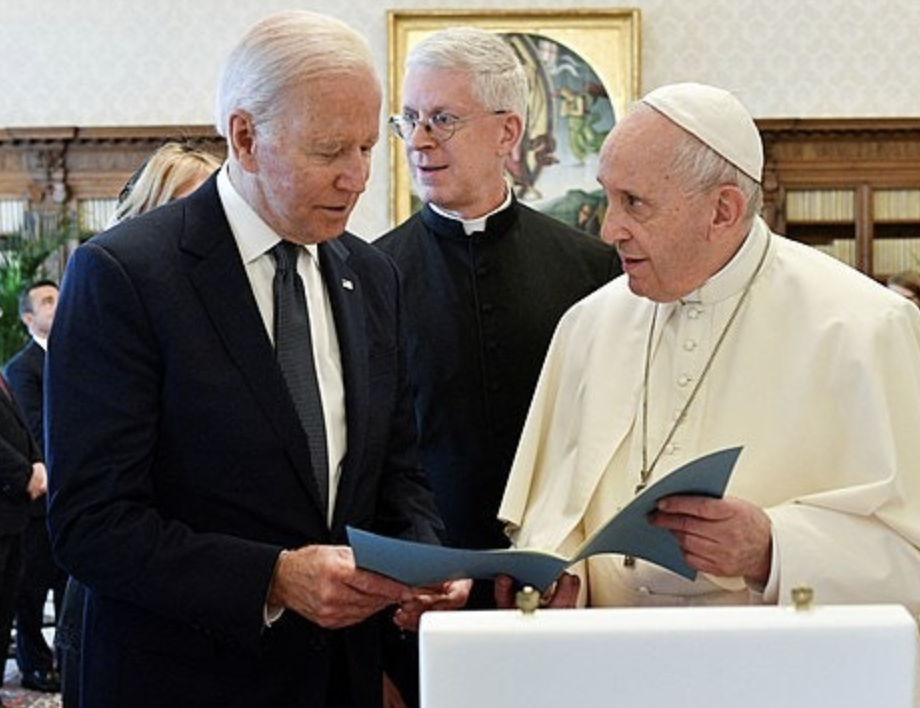Catholic cyberspace melted down during Lent in 2022 as cardinals circulated a letter from "Demos" -- Greek for "people" -- an anonymous scribe claiming that "this pontificate is a disaster in many or most respects; a catastrophe."
The author turned out to be the late Cardinal George Pell of Australia, who served Pope Francis as leader of the Vatican's Secretariat of the Economy.
Now, there is a "Demos II" epistle from another anonymous cardinal -- criticizing Pope Francis and describing seven tasks facing the next pontiff.
"It is clear that the strength of Pope Francis' pontificate is the added emphasis he has given to compassion toward the weak, outreach to the poor and marginalized, concern for the dignity of creation and the environmental issues that flow from it, and efforts to accompany the suffering and alienated in their burdens," noted Demos II, at the Daily Compass website in Italy.
"Its shortcomings are equally obvious: an autocratic, at times seemingly vindictive, style of governance; a carelessness in matters of law; an intolerance for even respectful disagreement; and -- most seriously -- a pattern of ambiguity in matters of faith and morals causing confusion among the faithful. … The result today is a Church more fractured than at any time in her recent history."
An American Jesuit, one who has influenced journalists for decades, responded in an equally blunt manner.
"In truth, Demos II is a fraud who mourns a church of the past and his own loss of power in it," noted Father Thomas J. Reese, currently a Religion News Service columnist. "Make no mistake about it, this document is about power and influence in the church."
Another critic of the cardinals circulating Demos II noted that it was released while Pope Francis was hospitalized with a respiratory infection.










